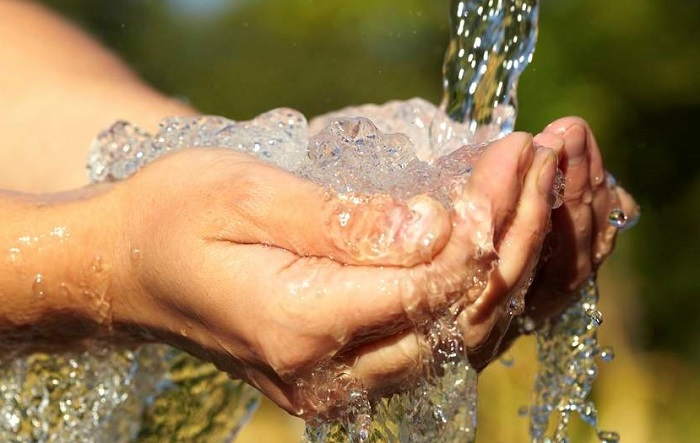World Water Day
Finland supports equal access to clean water, safe sanitation
Published : 23 Mar 2023, 01:29
World Water Day was observed across the globe on Wednesday, also marked the beginning of the first UN Water Conference in 46 years.
The conference themes emphasise equal access to clean water and safe sanitation around the world, said the Finnish Institute for Health and Welfare (THL) in a press releas.
Sanitation refers to the means by which human faeces and urine are collected and processed so that they do not pose health hazards to people. According to UNICEF, in 2020, only half of the world’s population had access to appropriate sanitation services, i.e. toilet and handwashing facilities.
The Finnish Institute for Health and Welfare (THL) is part of the Finnish Delegation to the UN Water Conference, promoting discussion on human rights related to clean water and sanitation.
Providing access to water and sanitation for all and ensuring the sustainable use of water require effective and coordinated international cooperation as well as political will. States must strengthen the human rights related to water and sanitation in their national legislation and plans, and the plans must be feasible and adequately funded.
"It is important to be prepared for water contamination situations and actively inform the public about the prevention of waterborne infections and factors affecting water security," said Tarja Pitkänen, Chief Specialist of THL.
Climate change affects the quality, availability and demand of water
Water security refers to the states’ capacity to safeguard sustainable access to adequate quantities of acceptable quality water for sustaining the population and livelihoods. It also includes the prevention of water pollution and water-related disasters.
The themes related to water security and sustainability are particularly topical as the extreme phenomena caused by climate change are becoming increasingly common. Climate change affects the quality, availability and demand of water. Clean water scarcity is becoming more common, and water-related disasters are increasing in number and intensity. This calls for adaptation, prevention and preparedness.
In a changing climate, preventing water pollution and ensuring access to water of adequate quality for people's well-being require more action to be taken also in Finland.
Wastewater surveillance supports the objectives of health promotion
On Friday 24 March, the final day of the UN Water Conference, a side event will be held on the use of wastewater surveillance in monitoring public health variables.
The event also includes a wastewater study conducted by THL, which has a 60-year history of polio virus surveillance. In recent years, THL's wastewater research has also provided data on the regional prevalence of coronavirus and the coronavirus variants circulating in the population.
The development of wastewater surveillance systems is part of preparing for future pandemics. Finland is involved in the development of surveillance systems to prepare for the possible spread of a wide range of pathogenic microbes and their antibiotic resistance.
"In the future, wastewater surveillance will need to be integrated into national and international infectious disease monitoring systems. The public health variables prioritised in the monitoring should be selected based on local epidemiological information needs," Pitkänen said.


